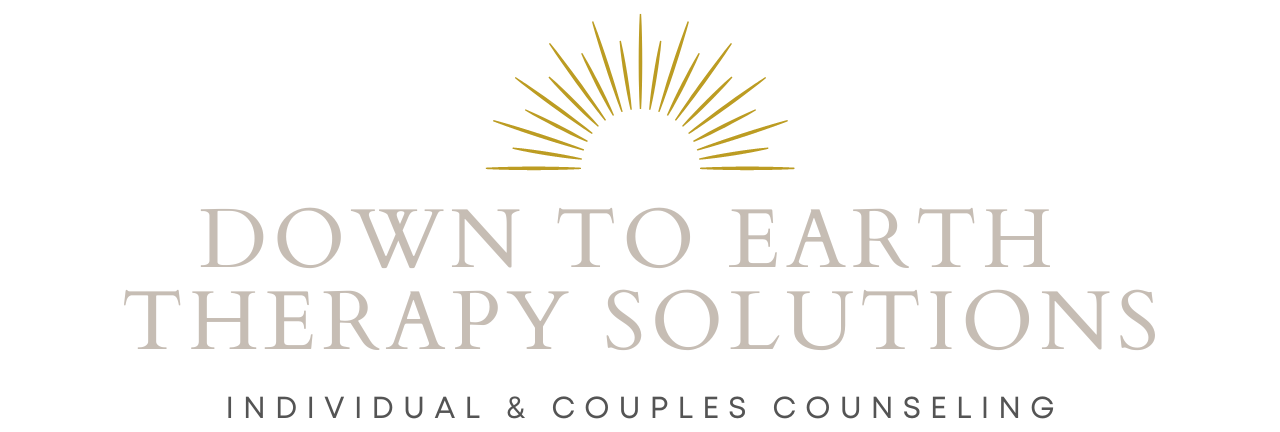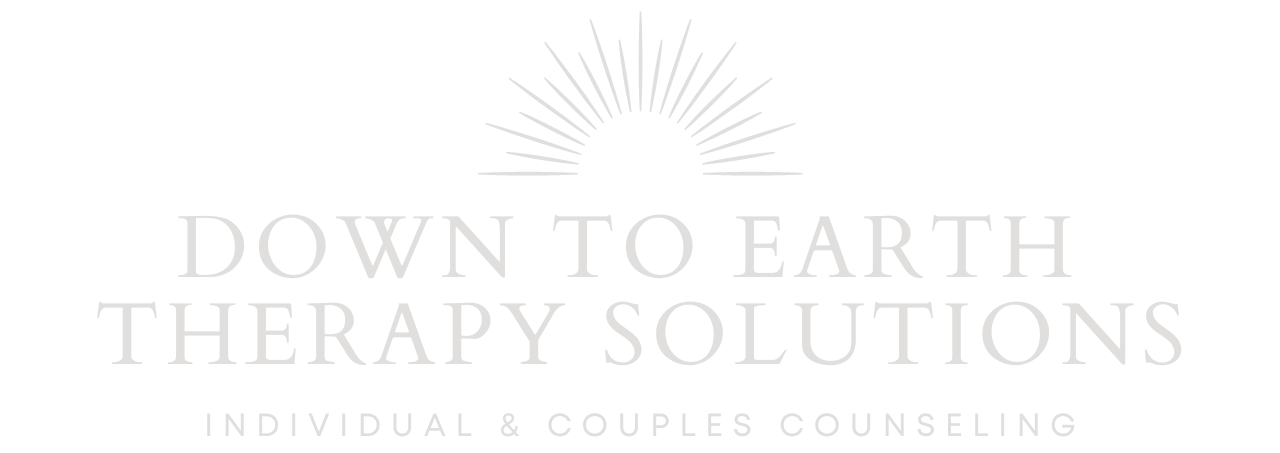With the rise of divorce and more couples today deciding not to get married, it can make commitment, relationship status, and boundaries confusing. More individuals are considering alternative relationships but may not know exactly what this can mean or look like in the long or short-term future to the health of their relationship. We know that the one-size-fits-all approach to relationships and sex hasn’t been fairytale-like for all, and it’s important to honestly explore options that can be healthy and fulfilling within the boundaries of relationships. Monogamy isn’t for everyone.
The term non-monogamous monogamy isn’t something that comes up in casual conversations. It’s confusing, to say the least. How does one be monogamous but non-monogamous at the same time? It’s a situation that is more complex than just calling it an “open relationship.” Ethical Non-Monogamy (ENM) is about open communication with all parties and ensuring that all parties are happy and satisfied with the arrangement. In these situations, there is typically the core relationship that is looking to enhance things between them by exploring other people in this relationship and the dynamics that this would create. Monogamy isn’t for everyone.
Before bringing in more people into an already established relationship, there would need to be increasing conversations about comfort levels, boundaries, things that are off-limits in these encounters, respect, and communication, and coming back together after these interactions.
It’s important to have open and honest communication with your partner. Being upfront about feelings, desires, wants, and boundaries will set the tone for these interactions and create and define the foundation in your relationship. Define your relationship overall. What are each of you interested in doing within ENM? Is this about swinging or switching partners, inviting someone new into your dynamic on a one-time basis, or sharing one partner together? There are lots of options and lots of things that should be discussed for complete transparency. Remember, monogamy isn’t for everyone.
Define clear boundaries about sexual interactions, emotional interactions, safe sex practices, frequency of interactions, and places that are acceptable to engage in. There shouldn’t be room for conversations later that “I didn’t know that would bother you” since you’re talking about it at great depth. These should be ongoing conversations overall to help process as your relationship evolves.
Do your research. This is a journey and not something that has to be sampled all at one time. It’s important to talk about the emotional preparation that is needed when exploring ENM. Being able to address jealousy, insecurity, fear, and disappointment prior to these interactions will be necessary to maintaining your core relationship’s health. And start slow. Explore fantasies about this lifestyle. Attend events that support this relationship lifestyle and that offer educational talks about it. Monogamy isn’t for everyone.
Prioritize respect and consent with each other and any additional partners. Consider seeking support from a therapist or counselor who is knowledgeable about non-monogamy. They can provide guidance, help navigate challenges, and offer strategies for enhancing communication and emotional well-being. Non-monogamous relationships are dynamic and may evolve over time. Stay open to revisiting and adjusting your boundaries and relationship dynamics as you learn and grow together.
Remember, there’s no one-size-fits-all approach to non-monogamy, and what works for one couple may not work for another. The key is to prioritize mutual respect, open communication, and emotional honesty as you navigate this journey together. And always keep in mind, monogamy isn’t for everyone.




